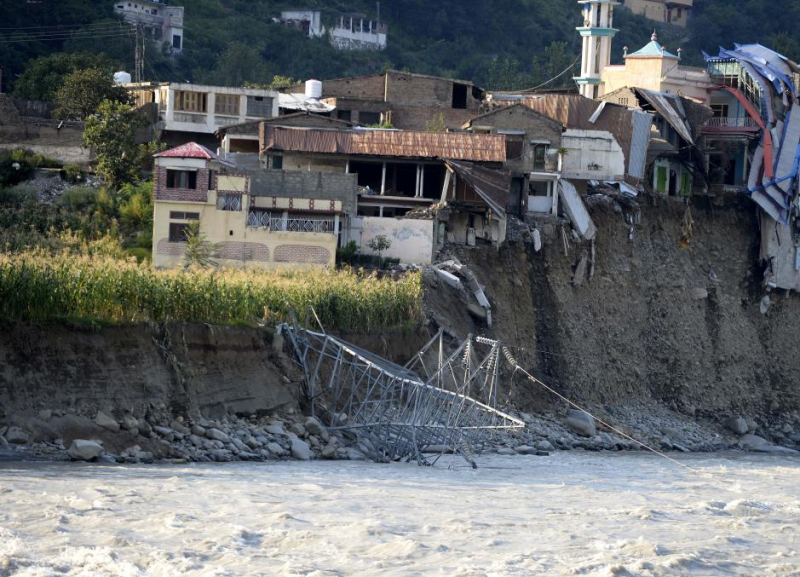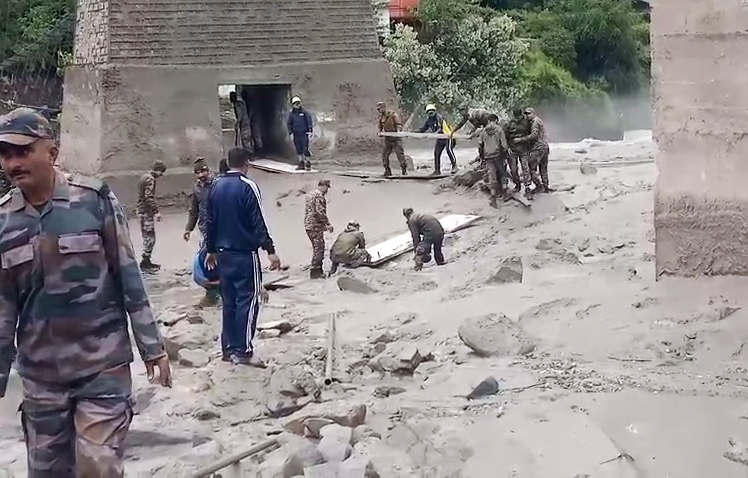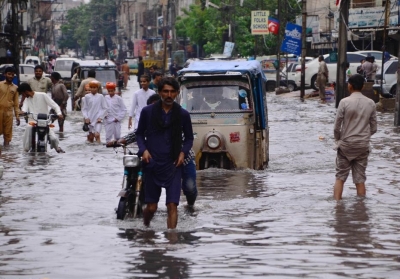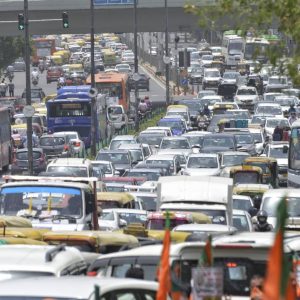Tackling this challenge requires technical expertise and capacity that are often not available in Commonwealth countries…reports Asian Lite News.
A new policy handbook will help Commonwealth governments put in place strategies to tackle ocean acidification — a key aspect of climate change.
Ocean acidification happens when the sea absorbs excess carbon dioxide in the atmosphere, primarily caused by human activities such as the burning of fossil fuels and deforestation.
This leads to an increase in the acidity of the ocean, affecting the lifecycles and biology of certain marine species, and in turn, threatening the entire food web as well as the lives and livelihoods of communities that depend on these ocean resources.
Tackling this challenge requires technical expertise and capacity that are often not available in Commonwealth countries. The new handbook addresses this gap by identifying existing resources, streamlining technical concepts, outlining pragmatic solutions and providing useful templates for policy makers.
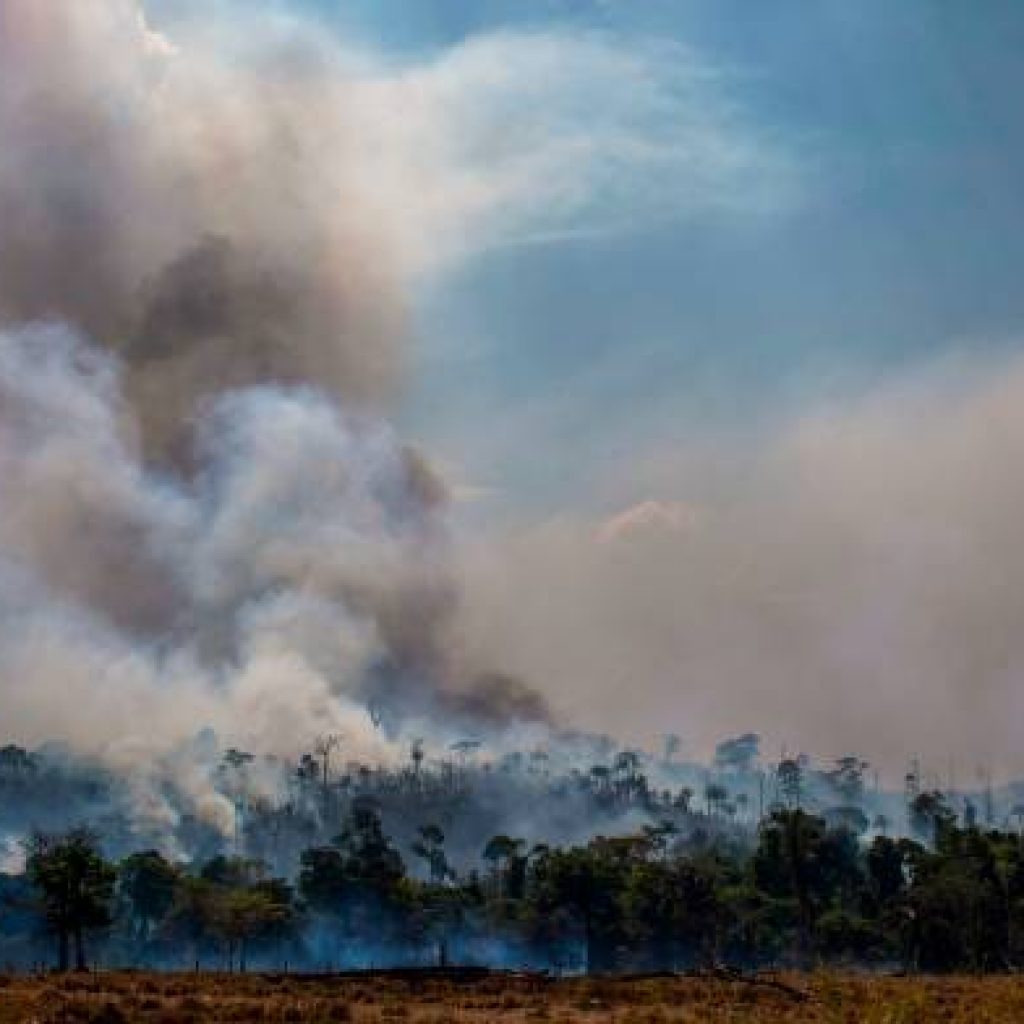
The handbook was commissioned by the New Zealand government, which champions the Commonwealth Blue Charter Action Group on Ocean Acidification.
The Foreign Affairs Minister of New Zealand, Nanaia Mahuta, said: “We know that ocean acidification has serious consequences for sea life, and this Policymakers’ Handbook for Addressing the Impacts of Ocean Acidification is an important resource.
“It is designed for people who make decisions about how we use and protect our oceans. It introduces them to the steps needed to address ocean acidification. It enables them to act as ‘kaitiaki’ or guardians.”
Commonwealth Secretary-General, Patricia Scotland, stated: “The study of ocean acidification and its effects has grown dramatically in the past 15 years, and while the problem is global, it is important for national and regional responses to be developed to address local impacts.
“The handbook has the potential to deliver far-reaching and lasting value, by supporting the identification and implementation by policymakers of response strategies to ocean acidification.”A particular focus in the handbook is on collaboration, which is a distinctive feature of the Commonwealth Blue Charter, an agreement adopted in 2018 by the 54 Commonwealth member countries to work together to solve ocean challenges.
The Commonwealth Blue Charter is implemented through 10 action groups led by 15 “champion countries”, which focus on guiding the development of knowledge, tools and training on ocean priorities such as marine plastic pollution, ocean climate change, and the sustainable blue economy.

Head of Oceans and Natural Resources at the Commonwealth Secretariat, Nicholas Hardman-Mountford, said: “This new handbook is an example of the concrete and practical outcomes that are generated by the Commonwealth Blue Charter Action Groups and their discussions.
“While we all understand the grave threats that confront the ocean — and consequently, the entire planet — we must also realise that we, as the global community, can do something about it, by working together to share expertise, pool resources and align national and regional strategies to existing global commitments.”
The launch of this publication follows on the first-ever workshop by the Commonwealth Ocean Acidification Action Group, hosted in 2019 by New Zealand in its role as Champion Country for the group.
Also Read- France likely to join Indian Ocean initiative
Read More-Weaving The History Of Indian Ocean









